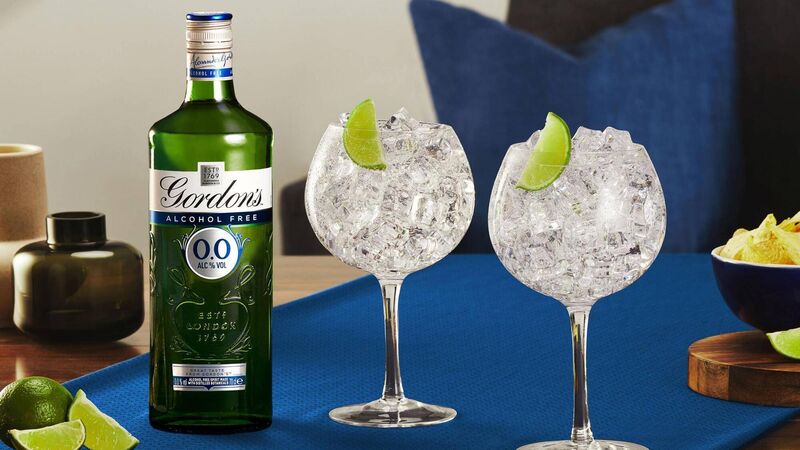Irish Examiner View: Health warning plan for alcohol leaves a bitter taste

Alcohol-free products such as Gordon's Alcohol Free 0.0% are becoming increasingly popular. Picture: PA Photo/Gordon's.
Try from €1.50 / week
SUBSCRIBEGrowth in alcohol-free beers, lagers, and spirits is accelerating off the sales graph like a rocket, with every indication that this is a lasting change in consumer behaviour rather than a fad for “dry January” or other marketing spin designed to add impetus to an untapped market.
Sales in Ireland have more than tripled in the five years to 2022, while the market share for non-alcoholic beer has soared by 275%.
Already a subscriber? Sign in
You have reached your article limit.
Annual €130 €80
Best value
Monthly €12€6 / month
Introductory offers for new customers. Annual billed once for first year. Renews at €130. Monthly initial discount (first 3 months) billed monthly, then €12 a month. Ts&Cs apply.
CONNECT WITH US TODAY
Be the first to know the latest news and updates
Newsletter
Sign up to the best reads of the week from irishexaminer.com selected just for you.
Newsletter
Keep up with stories of the day with our lunchtime news wrap and important breaking news alerts.
Newsletter
Sign up to the best reads of the week from irishexaminer.com selected just for you.
Tuesday, February 10, 2026 - 12:00 PM
Tuesday, February 10, 2026 - 1:00 PM
Tuesday, February 10, 2026 - 12:00 PM
© Examiner Echo Group Limited